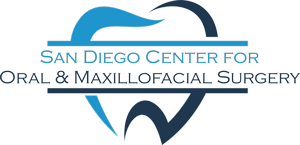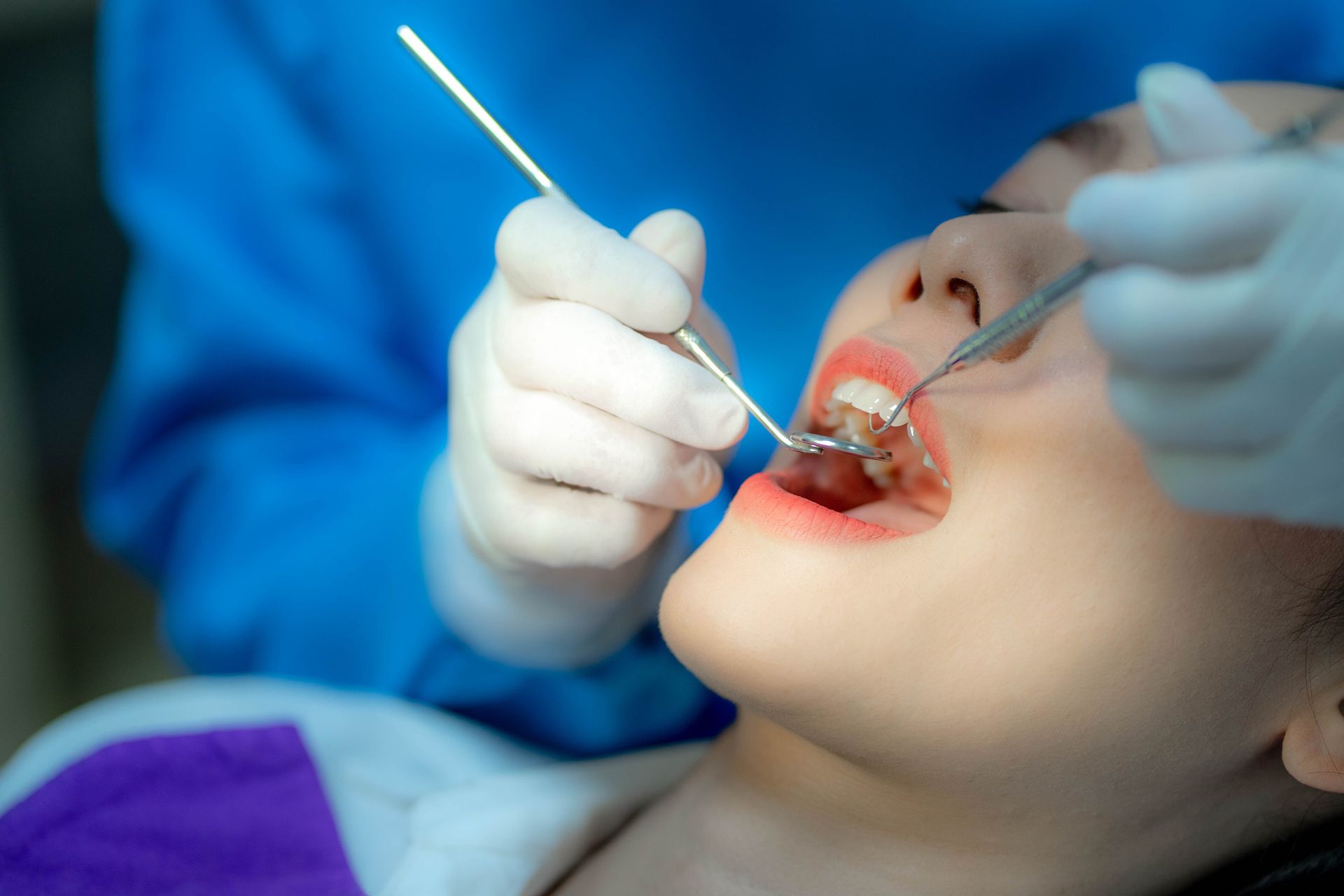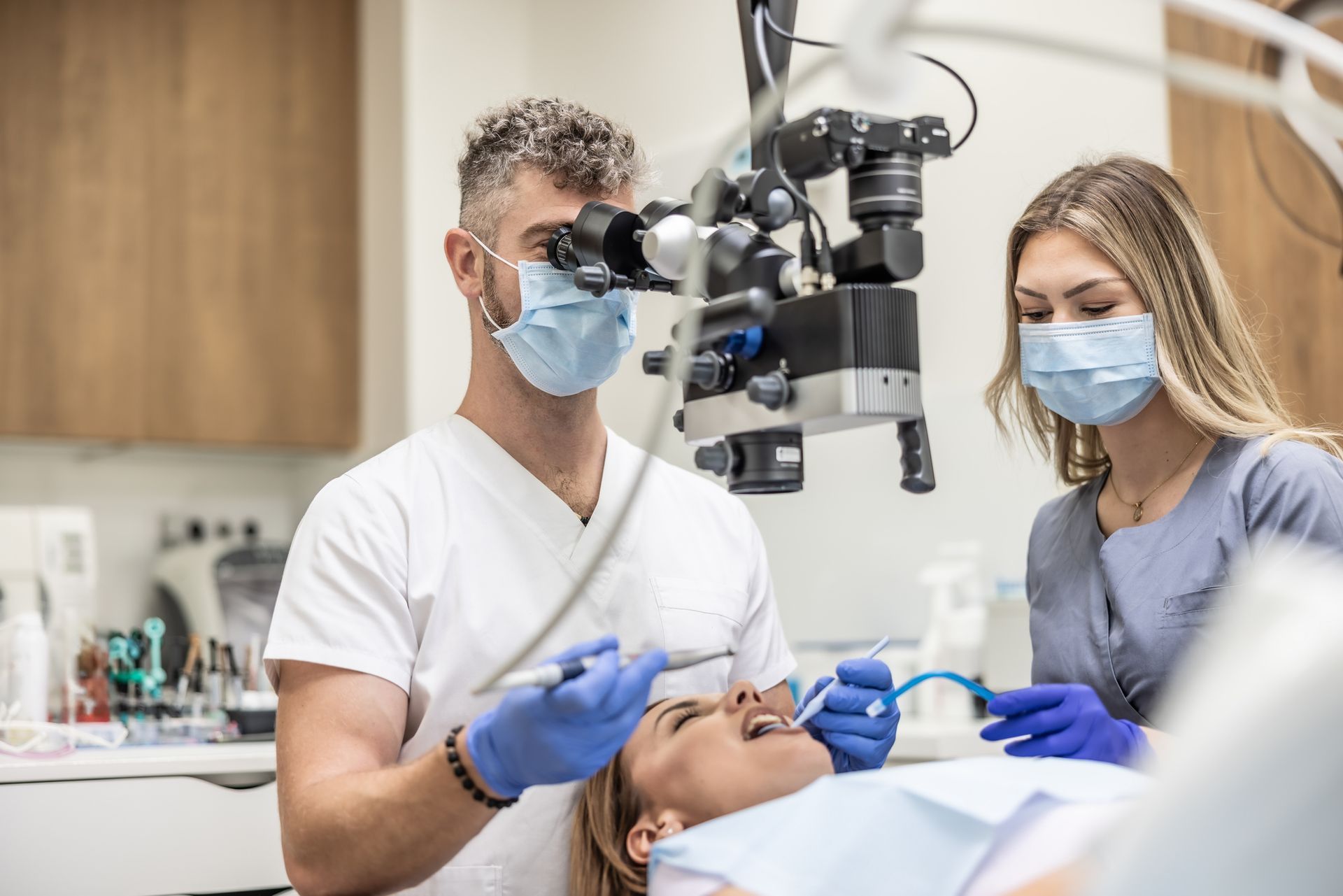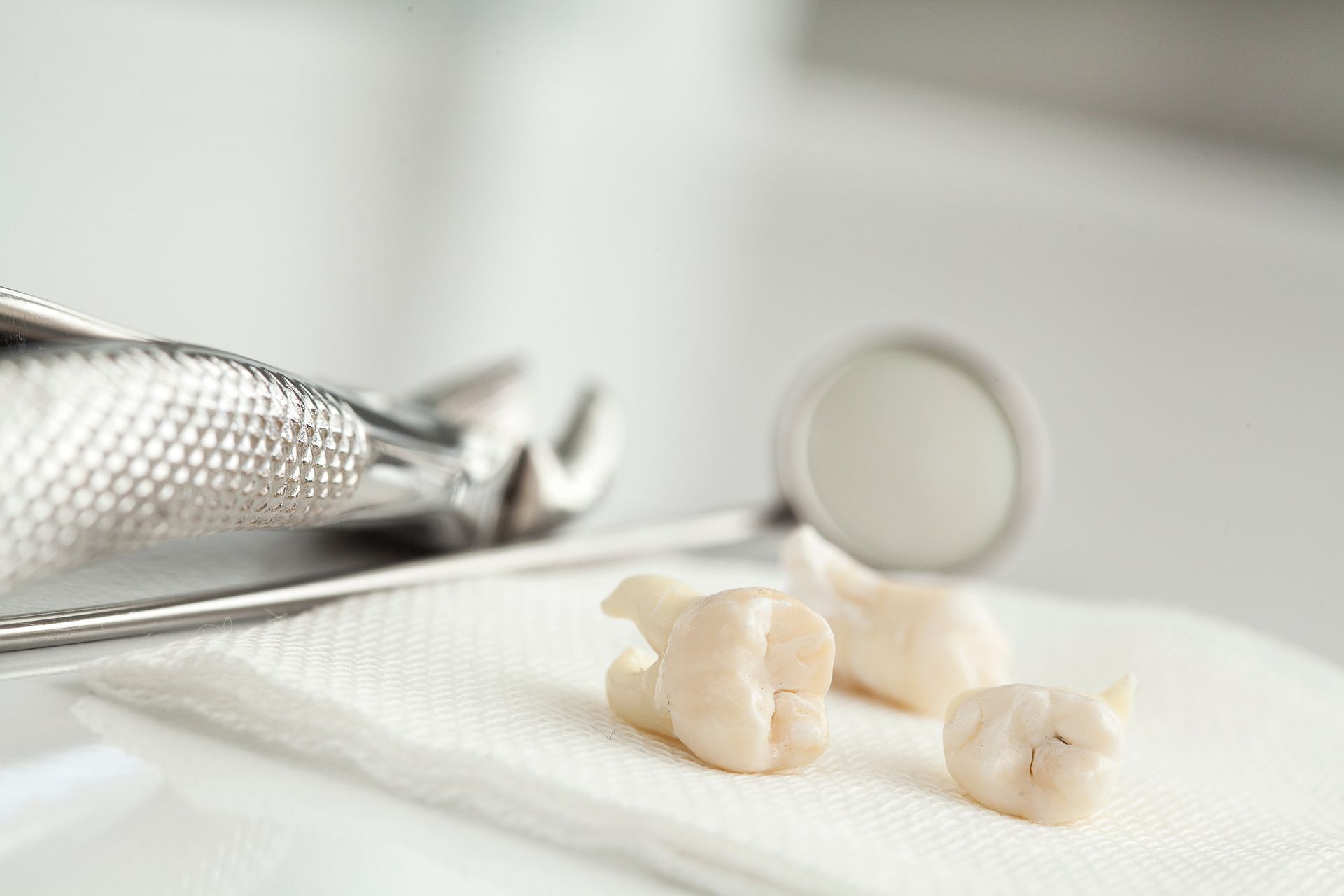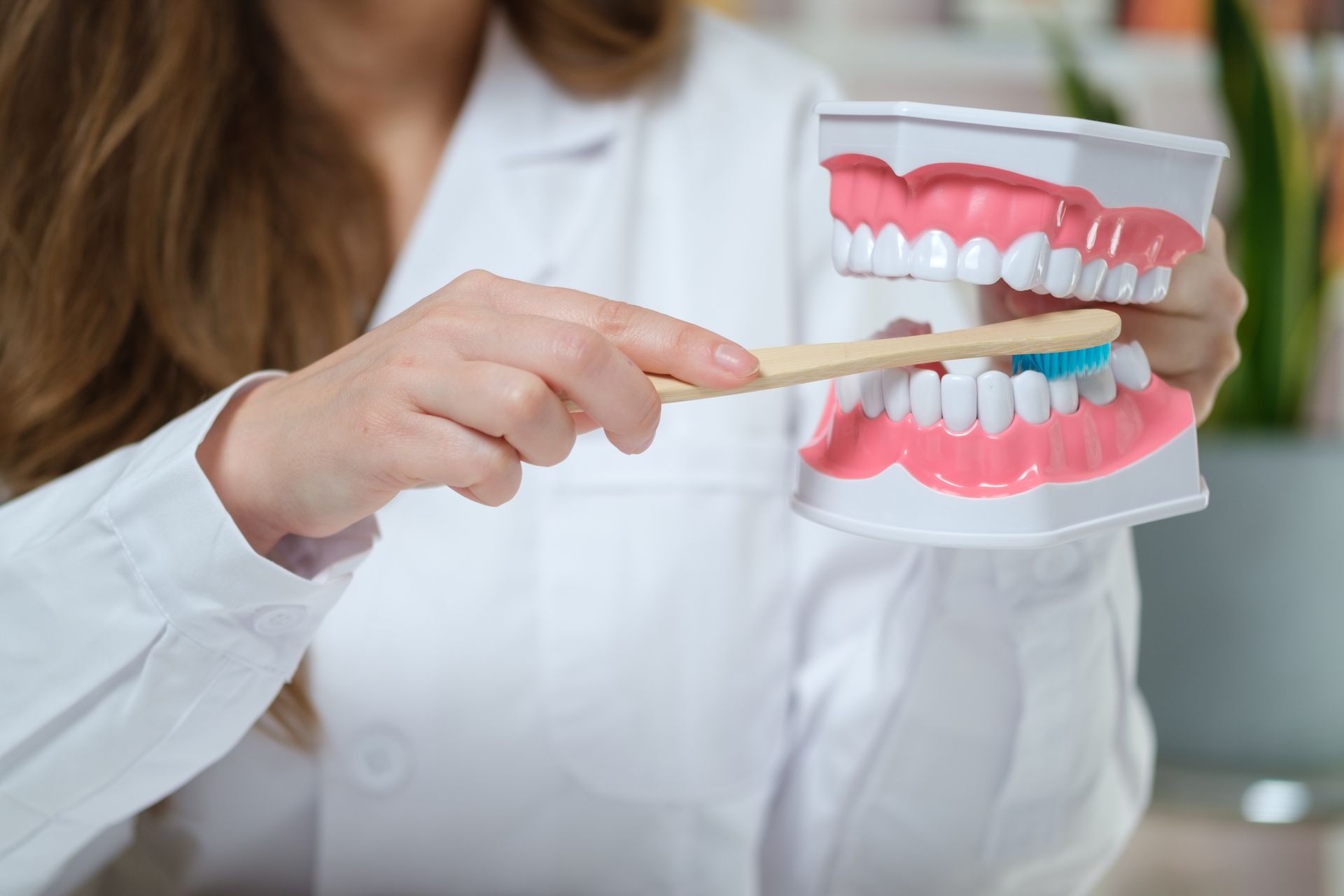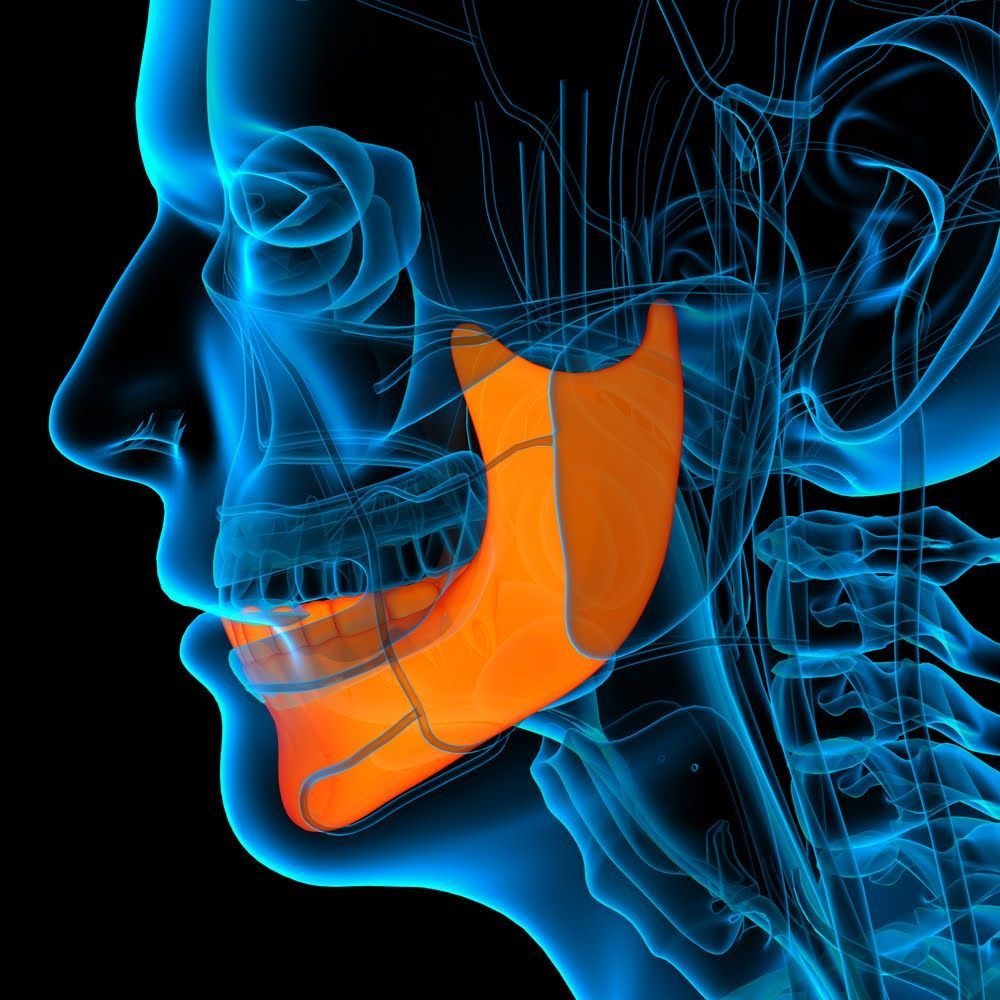4 FAQs About Oral Cancer
Admin • October 17, 2020

Each year in the United States, an estimated 30,000 people
get diagnosed with oral cancer. Currently, oral cancer represents only about 3 percent of all cancers in the country, however this number is on the rise.
Also known as mouth cancer, oral cancer occurs anywhere in the oral cavity, which includes the lips, tongue, gums, inner lining of the cheeks, and the roof or floor of the mouth. As with most types of cancers, the earlier oral cancer is diagnosed, the easier it is to treat. Left untreated, oral cancer can spread to the lymph nodes and other parts of the body.
While cancer can't always be prevented, knowing more about it can help obtain an early diagnosis and find the most effective treatment. To help you better understand this disease, here are the answers to four frequently asked questions about oral cancer.
1. What Can Increase the Chances of Oral Cancer?
Doctors don’t always know what causes oral cancer. However, there are certain things that greatly increase one's chances of getting this type of cancer.
For example, smoking cigarettes and drinking alcohol are two things that greatly increase the chances of oral cancer. According to the American Cancer Society, those who are heavy drinkers and smokers are 100 times more likely to get oral cancer than those who don't drink or smoke.
Other things that increase the chances of oral cancer include:
- Race. African Americans are twice as likely to get oral cancer than Caucasians.
- Age. People over the age of 40 are at higher risk, with 60 being the average age for those with oral cancer.
- Gender. Males are twice as likely than women to have oral cancer.
- Poor nutrition. Those who don't eat enough fruits and vegetables increase their chances of oral cancer.
A sexually transmitted virus called human papillomavirus (HPV) is another thing that increases the chance of oral cancer. Over the past few decades, HPV has been linked to a heightened number of oral cancer cases, especially in the younger population.
2. What Signs Are Associated With Oral Cancer?
The signs and symptoms associated with oral cancer are often mistaken for other problems. Some of these signs include:
- A toothache or loose tooth
- Sore throat
- Difficulty swallowing
- Mouth pain
- Pain or swelling in the jaw
- Bad breath
Any of the above signs could be associated with a number of oral health issues. However, if these signs persist for several weeks, you should see an oral surgeon for a proper diagnosis. Red or white patches in the oral cavity, mouth sores that won't heal, and a lump in the cheek are other signs of oral cancer.
3. What Treatments Are Available for Oral Cancer?
If, after examining the oral cavity, an oral surgeon suspects oral cancer, they will most likely perform a biopsy. When an oral surgeon performs a biopsy, they remove a small piece of tissue from inside the mouth and send it to a lab for analysis. As soon as an oral surgeon confirms a diagnosis of oral cancer, they will recommend immediate treatment.
Some of the most effective treatment options for oral cancer include:
- Surgery to remove cancerous tissue
- Radiation therapy
- Chemotherapy
- Targeted drug therapy
- Immunotherapy
The type of treatment often depends on the stage of cancer. And advanced stages of oral cancer may require more than one type of treatment.
In cases where cancerous tissue is removed from the oral cavity, an oral surgeon may need to perform reconstruction surgery afterward. Reconstruction surgery, which allows the oral cancer patient to regain the ability to talk and eat, often includes transplant grafts or dental implants.
4. Who Diagnoses and Treats Oral Cancer in San Diego?
If you are looking for an oral surgeon in San Diego who knows about oral cancer, contact Dr. Berger at the San Diego Center for Oral & Maxillofacial Surgery. Along with oral pathology, our oral and maxillofacial surgeon provides many other services, which include pre-prosthetic surgery, facial trauma surgery, and dental implants.
